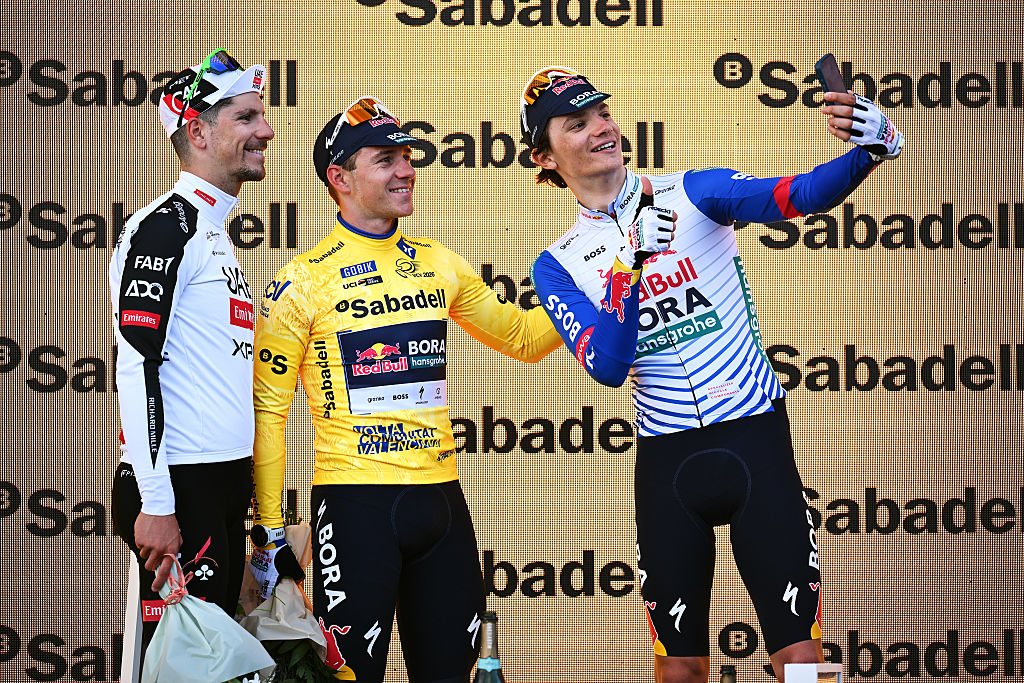UCI and WADA drop biopassport case against Kreuziger
Surprise development in Tinkoff-Saxo rider's case
The latest race content, interviews, features, reviews and expert buying guides, direct to your inbox!
You are now subscribed
Your newsletter sign-up was successful
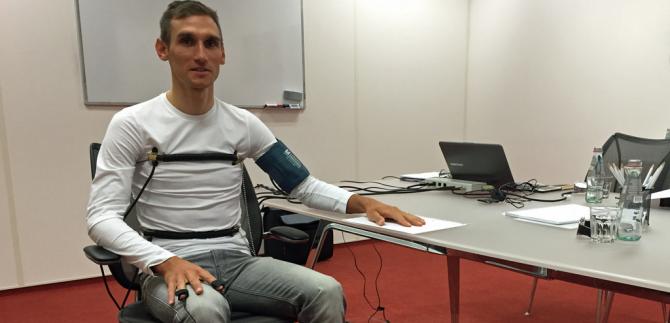
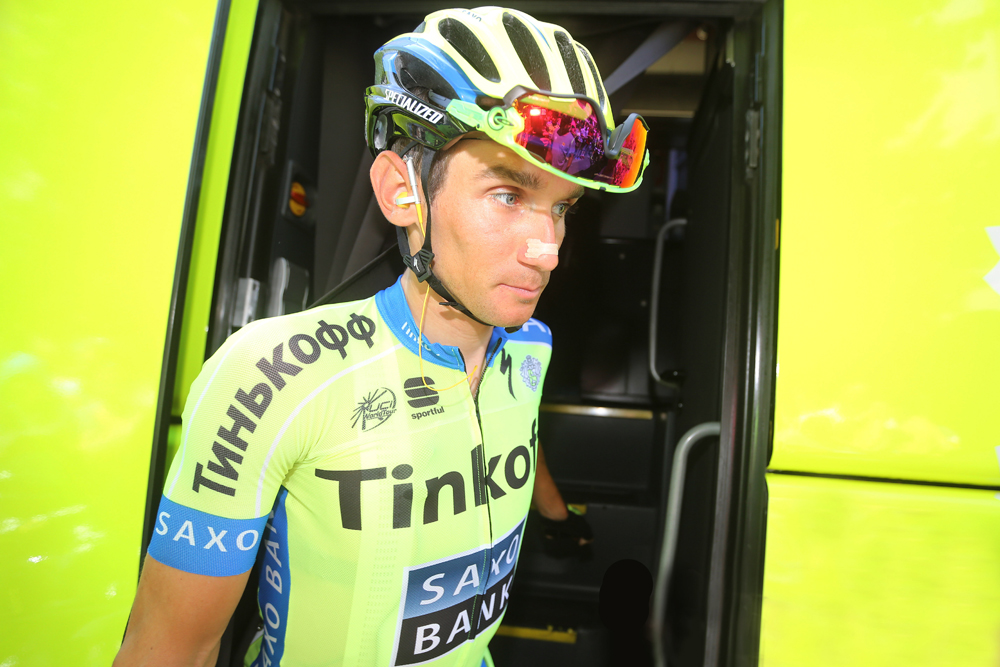
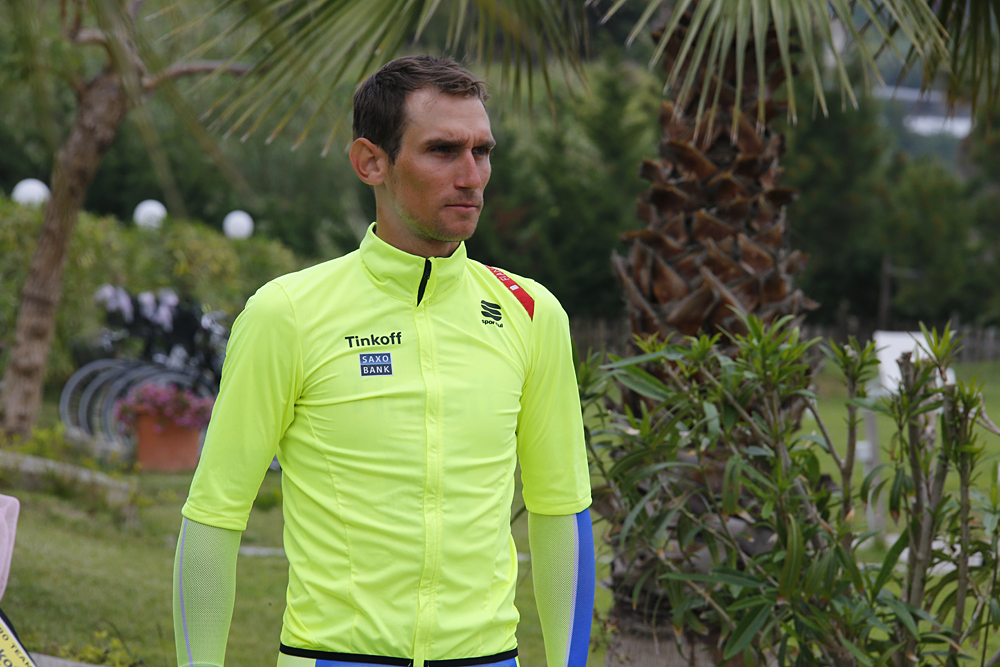
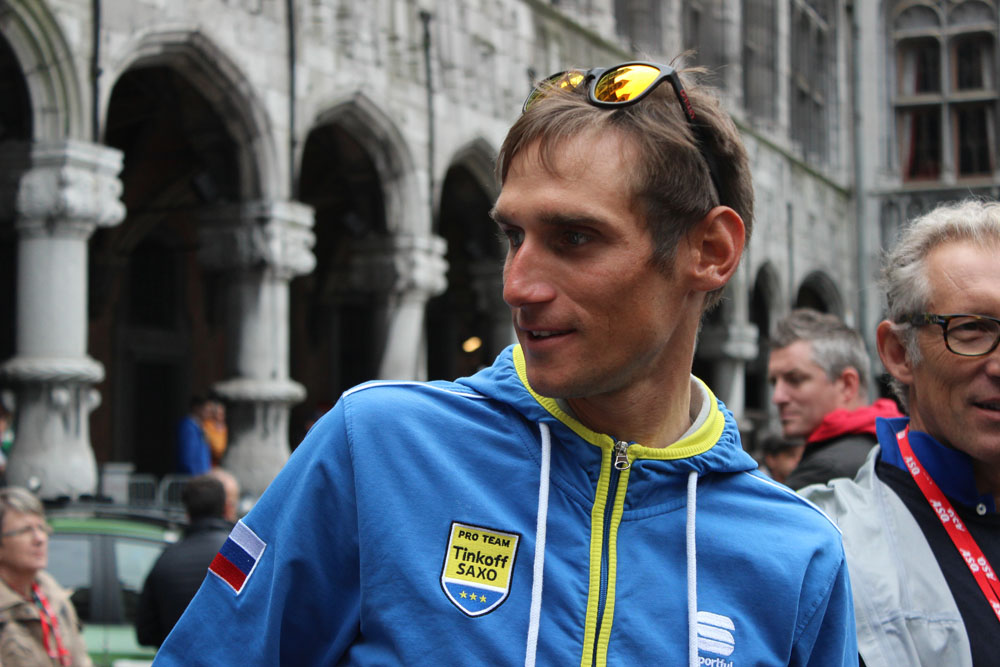
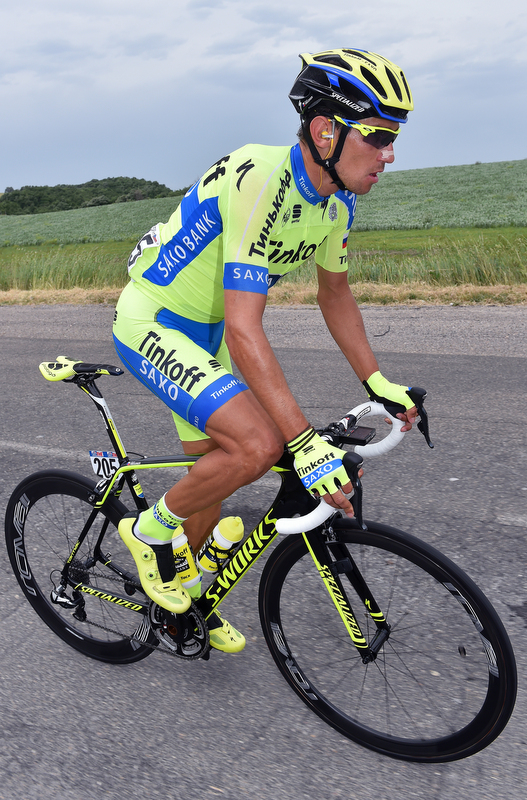
The UCI has announced that it and the World Anti-Doping Agency (WADA) have dismissed the biological passport-related anti-doping case against Roman Kreuziger "based on the availability of newly-obtained information".
A statement released on Friday afternoon said: "The UCI and WADA have come to the conclusion that, in accordance with the applicable UCI anti-doping rules and WADA Athlete Biological Passport operating guidelines, there is at this stage no basis to proceed further. They have therefore decided to withdraw their appeals. The ABP is managed by the independent Athlete Passport Management Unit (APMU) in Lausanne and ABP cases are prosecuted based on the opinion of an independent Expert Panel.
"Consistent with the approach taken during this entire case and in light of the confidential nature of the information concerned, the UCI and WADA are not in a position to comment further."
News of the Kreuziger case first broke in June of last year, when Tinkoff-Saxo withheld him from their Tour de France line-up after fluctuations were flagged in his biological passport between March 2011 and August 2011, and from April 2012 through the end of the 2012 Giro d'Italia, when he raced for Astana.
In August, the UCI handed Kreuziger a provisional suspension – equivalent the sanction for an A-sample positive doping control – and UCI president Brian Cookson later told Cyclingnews that there were “very serious anomalies" in the Czech rider’s passport readings.
In September, however, the Czech Olympic Committee cleared Kreuziger of wrongdoing and he returned to racing before the end of the season. The UCI and WADA subsequently announced their intention to appeal the case to the Court of Arbitration for Sport and a hearing was eventually fixed for next week – only for cycling’s governing body to withdraw its appeal on Friday.
"From this moment I can once more fully concentrate on my job, and not have the question of what my future will be in the background. It is now quite clear," Kreuziger said, according to iDNES Sport.
The latest race content, interviews, features, reviews and expert buying guides, direct to your inbox!
"I'm pleased that my name was completely cleared. We fought for it. My conscience is clear, I'm not a cheater."
"I am happy that this case is over and I feel great relief. It was a very difficult period," Kreuziger said. "I would like to thank all the people who supported me.
"It was a very long two years, which was not easy either for me or for my family, who lived through it with me," Kreuziger added. "We were ready to go to Lausanne, but this option is definitely better."
"This is a victory not only for Roman Kreuziger but also for the biological passport, since it has been shown that the system is able to arrive at a just outcome," his attorney Jan Štovícek said.
Kreuziger added that the biopassport did not lose in this case. "On the contrary, it is the right tool for detecting cheaters in sport, which can help athletes and anti-doping authorities."

